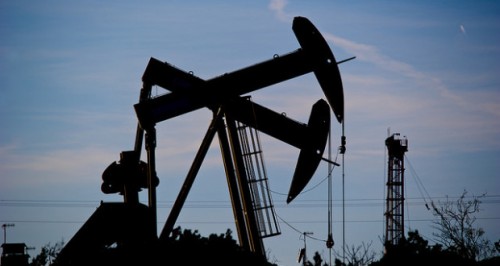Savvy motorists always expect gasoline prices to rise leading up to Memorial Day, and indeed, they have this year. But some experts think the current price of unleaded gasoline is as high as it will be for 2015.
Nationwide, the price paid for unleaded averaged $2.71 a gallon last week, according to AAA. And while the price has climbed during the past month, it is 94 cents a gallon cheaper than people paid last Memorial Day.
At Purdue University, energy economist Wally Tyner is predicting that gas prices will remain below $3 a gallon for unleaded this summer, except in California and Hawaii where prices are normally higher than in the rest of the country.
He believes the price will begin to drop in the fall, and could go as low as $2 to $2.25 a gallon. By comparison, the low for the year was $2.03 in January.
Why are prices remaining reasonable, at least compared with last year?
The key reason is inventory. There’s plenty of oil available to make gasoline. Tyner says the supply of crude oil is about 485 million barrels, compared with a normal level of about 350 million barrels.
If there’s a nuclear deal between nations and Iran that leads to the end of U.S. sanctions, Tyner says the flow of Iranian oil could cause prices to drop even more. He thinks the price of unleaded could fall by as much as 30 cents a gallon if Iranian oil is available in 2016.
There can always been something unexpected, like a supply interruption of global politics, to get in the way of lower gasoline prices. And actually, consumers surveyed by AAA don’t think the current levels are cheap. They won’t consider it a bargain until the price falls below $2 a gallon.
For story ideas, you can interview consumers in your area for their views on gasoline prices. Is anyone driving more because of the current prices? Or, are people pocketing the savings year over year?











